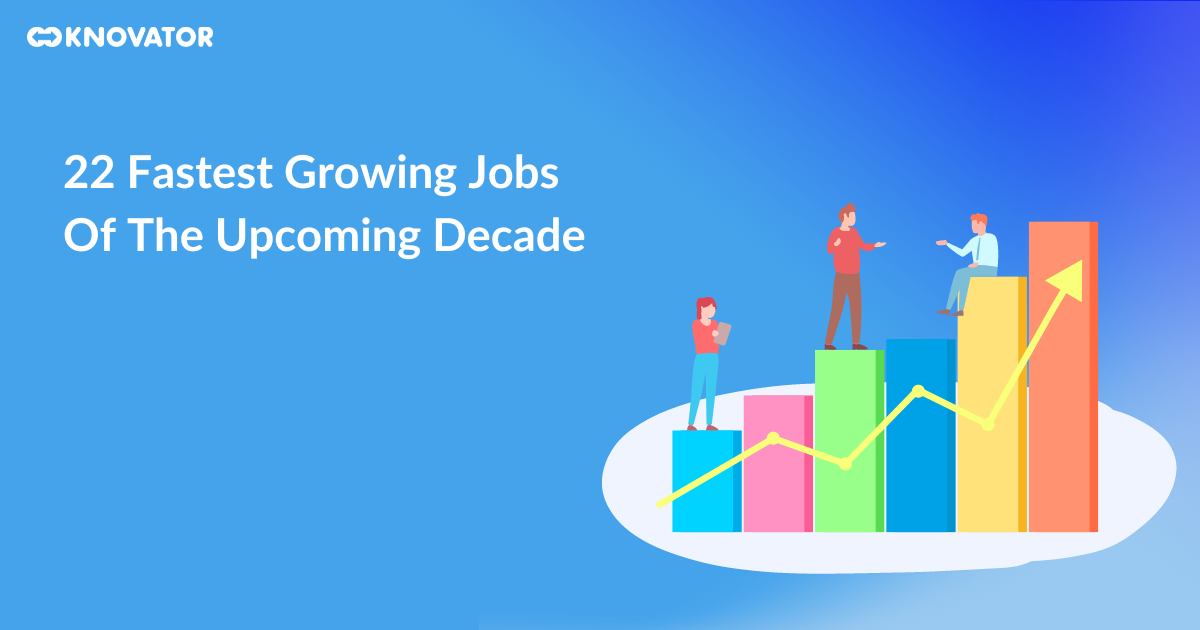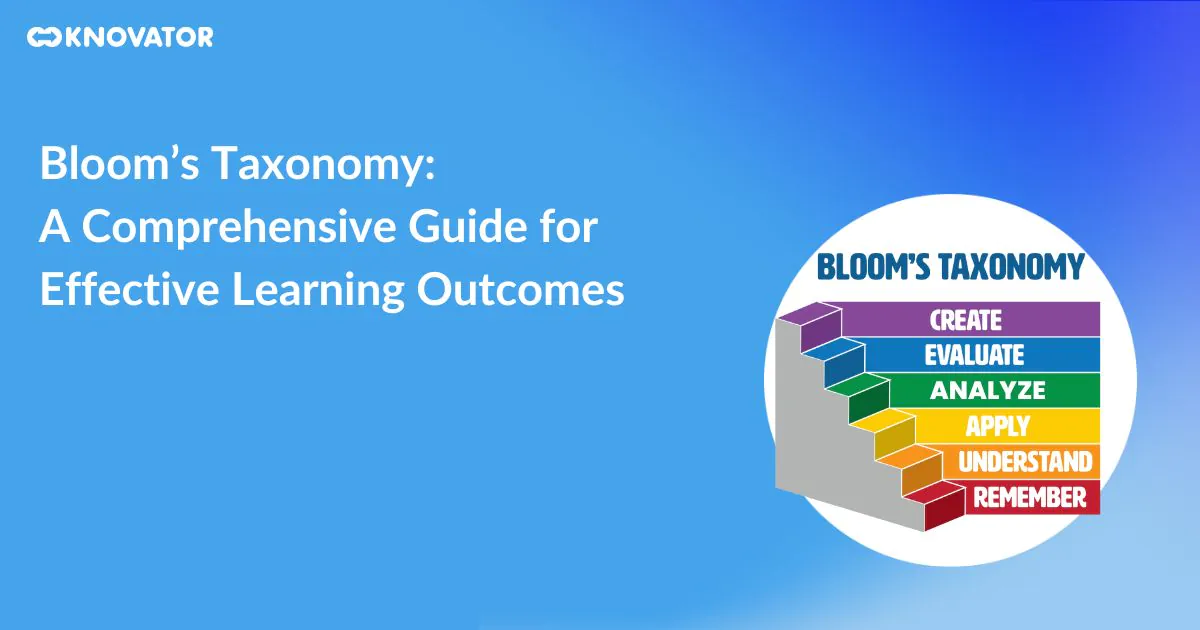How Big Data Analytics Will Change the Education Industry
Big data analytics is a procedure used by many industries to analyze all the data they have to derive useful information and insight like customer preferences, market trends and correlation to make better decisions. Another industry that is benefiting from big data is the education industry. Digitalization in education is not a new thing, and now is the time to increase the incorporation of big data analytics into the education industry to enhance its quality and ensure better decision making.
How is big data shaping the education sector?
Educational institutions have a lot of data related to students and teachers; these institutions can use big data analytics to gain useful insights to make their operations more effective. With the use of analytics, institutions can track students’ academic performance and behaviour to make learning programmes for them that aim at the betterment of their academic experience. It also helps in making the operations of institutions more effective and their decisions well informed.
Some of the main ways in which big data can impact the education system.
Assisting with admission decisions
Admitting students and their retention is one of the main functions and objectives of any educational institute, and big data analytics is a great way to achieve this. Many institutions have been using big data and predictive analytics to identify potential students. Student behavioural data helps the institutions in recognizing the students that are more likely to enrol in different courses and custom e-learning services, their chances of succeeding and their ability to pay. By using big data to analyze the accomplishments and preferences of students, institutes can decide which students are the best fit for their school, college or a particular course.
Helping students to stay on track and improve student result
By including big data analytics in assessing students’ performance and their results, institutions can enhance the overall learning experience. Educators can now examine students’ academic trail to observe many things like their favourite subject, performance and engagement in the classroom and extracurricular activities. These insights are useful in making the learning programs more effective. By navigating the time taken by a student in solving a paper, identifying the types of problems they solve, and in which subject they score the most marks, a teacher can give immediate feedback on their performance.
To help the students stay on track, educators can analyze their engagement levels in different subjects and intervene where it is needed to make sure that students don’t get sidetracked.
Lowering the cost for everyone
Incorporating big data analytics in your educational system may sound expensive to some people. Still, the truth is that it lowers the cost for all the parties involved, i.e. students and teachers. By following the results derived from data analysis, Institutions can plan for better resource allocation based on the number of students in a particular course, study material and other equipment required for the said course. More effective fund allocation can be achieved by using big data to find out about the financial status of the students; in this way, institutions can grant scholarships to the students who need them. Saving all the data in a cloud-based storage system also helps in cutting down the storage cost.
Targeted international recruiting
Big data and predictive analytics can be very helpful for students in choosing the schools or colleges based on the applicant’s profile. The algorithms guide the students in choosing the college that matches their profile the best. Similarly, institutions can take advantage of big data analytics to find the students’ interest, strengths, and weaknesses to predict their career path. With this information, institutions can revise their recruitment strategies and the funds allocated for this particular purpose. International recruiters and planners can observe which parts of their branding prepositions match with international applicants.
Customize programs
With big data, educators can analyze the particular student’s interest and weaknesses by following his or her performance and engagement in class. If students face any difficulty in a particular subject, the educators can make customized programmes for each one that suits their needs. This can be done in both online and offline courses. Institutions can focus on custom e-learning development to make the overall learning experience for the students better. This will help in both retention and better results for students.
Conclusion
Businesses have been using big data and predictive analytics to earn profit for years, and now it is time to increase the use of big data in the education industry. From customized programs to cost cuttings, big data has so many benefits for the education industry that will only take it to new heights. The best part about the data analysis is it is useful for both students and teachers. With the rapid increase of technology in every field, the use of big data will surely increase, and it will continue to benefit the education industry.
Knovator is one of the leading companies that provides excellent and affordable e-learning solutions. Check the website for more services and request a quote for the desired service!











